Even though the number of globally reported COVID-19 cases and deaths continues to decline, largely due to a drop in testing rates, the pandemic is not over, the World Health Organization (WHO) warned here on Tuesday.
Last week, just over 15,000 coronavirus-related deaths were reported to the WHO, the lowest weekly total since March 2020, WHO Director General Tedros Adhanom Ghebreyesus told a press briefing.
However, the encouraging trend should be interpreted with caution, as many countries have scaled back on testing, and as a result "the WHO is receiving less and less information about transmission and sequencing," he said.
"This makes us increasingly blind to patterns of transmission and evolution. But this virus won't go away just because countries stop looking for it. It's still spreading, it's still changing and it's still killing," Tedros said.
"When it comes to a deadly virus, ignorance is not bliss. The WHO continues to call on all countries to maintain surveillance," he said.
Responding to the European Union's (EU) recent decision to enter a new post-emergency phase of the COVID-19 pandemic, Mike Ryan, executive director of the WHO Health Emergencies Program, cautioned that this is not the time to lose focus on the virus nor on its potential to continue to evolve.
"The fact is that we're not out of this yet," he said.
Maria van Kerkhove, technical lead for the WHO's Health Emergencies Program, said that despite the recent positive trends, she had "little confidence in the number of cases being reported around the world" due to the massive changes in testing strategies and the huge reductions in the number of tests being performed around the world.
"On the positive side, we do see a change. We are in a different phase of this pandemic, certainly, but we are still very much in the middle of this pandemic, and this is still a global problem," she said.
"Now is not the time to retreat. Now is the time to really strengthen what we have put in place and ensure that we keep people alive, and we get our economies back on track and we save people's livelihoods," she noted.








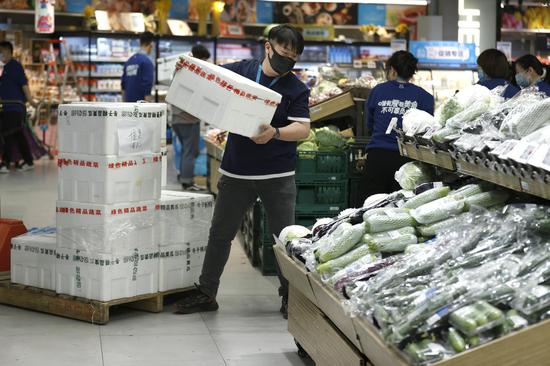
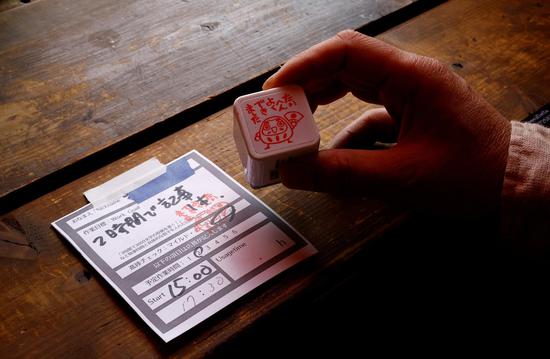













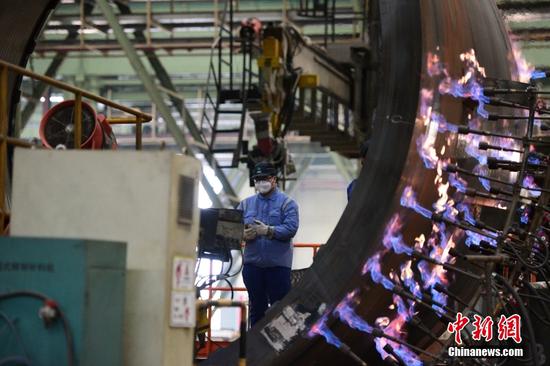







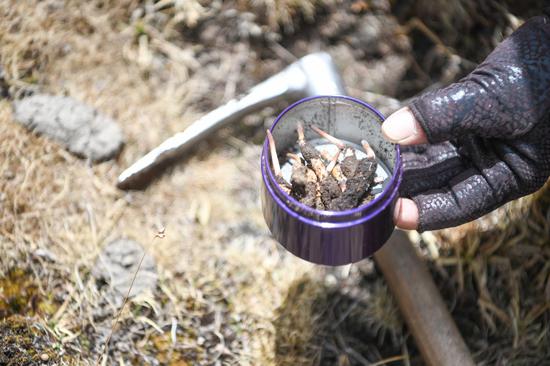


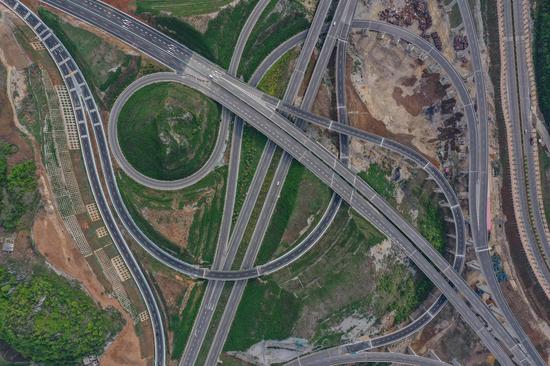
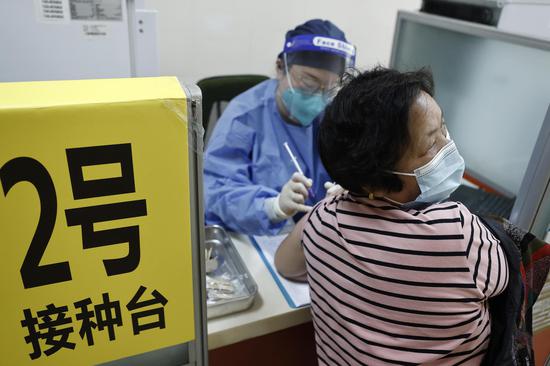














 京公网安备 11010202009201号
京公网安备 11010202009201号
